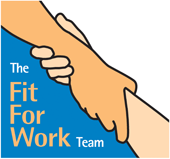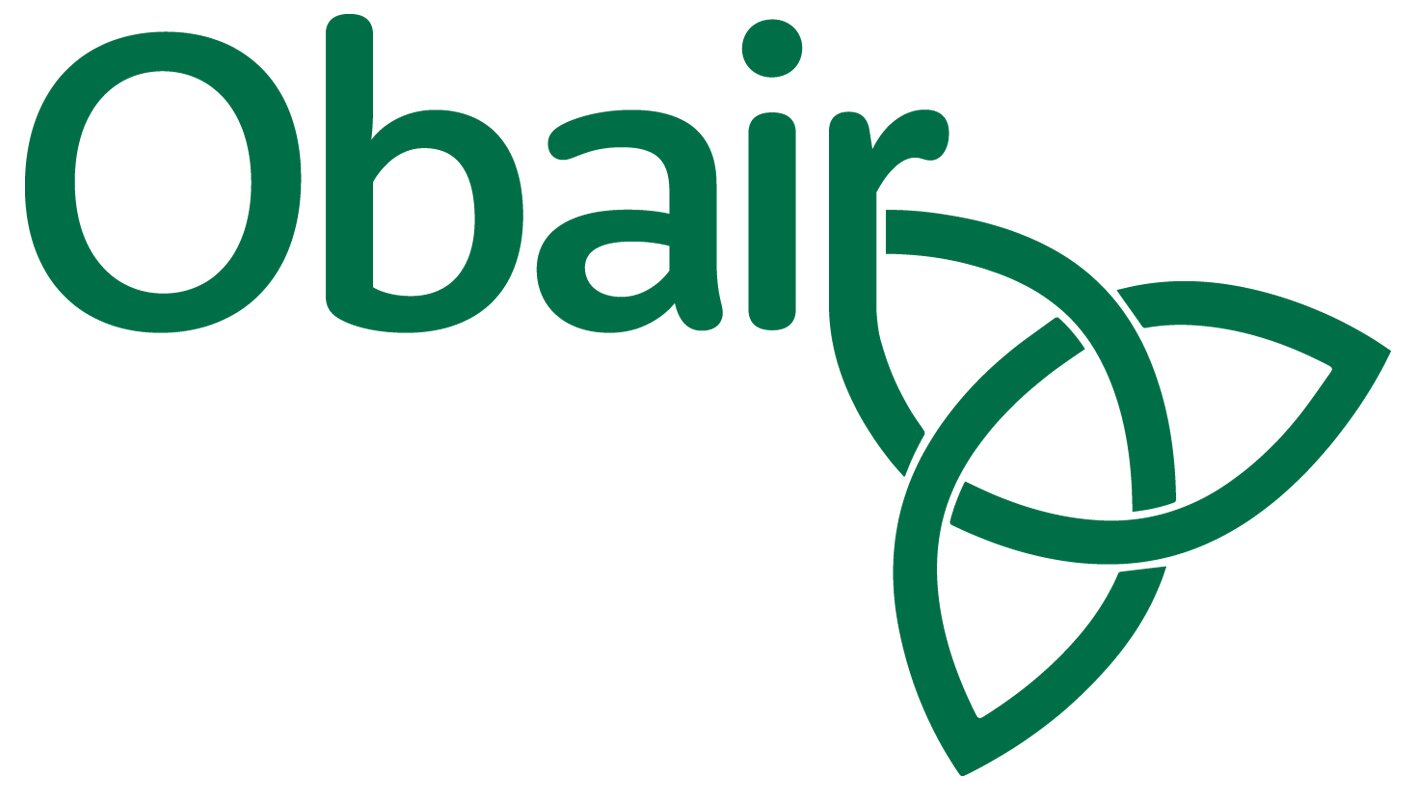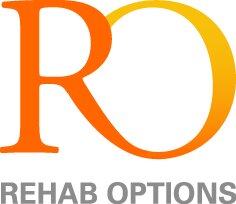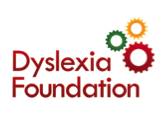VRA Standards Of Practice
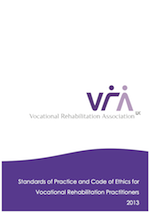
An electronic copy of the VRA Standards Of Practice Document is available to download free.
Request Download Now
VRA Informed Consent Guide
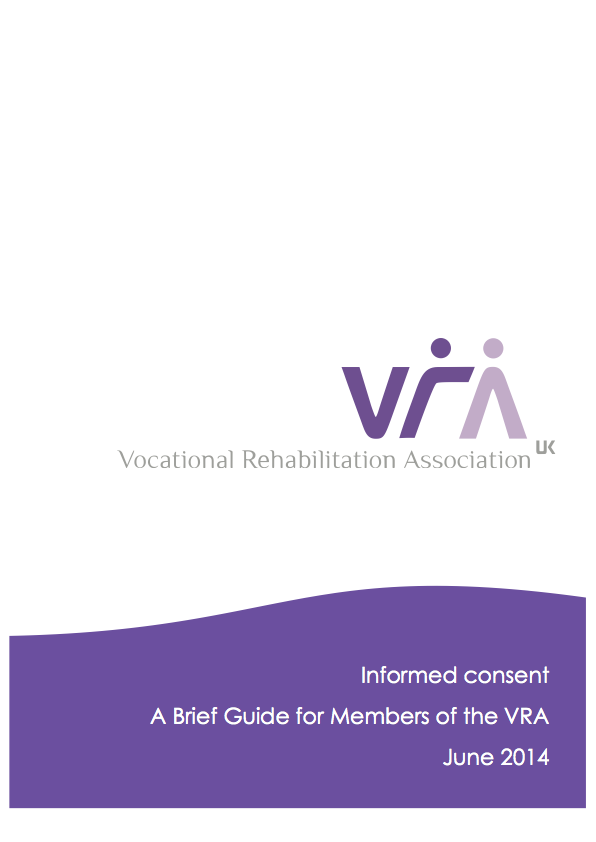
An electronic copy of the VRA Informed Consent Guide is available to download free.
Welcome to the VRA website
The VRA represents all those involved in delivering vocational rehabilitation services. There are a number of professional groups including; Occupational Therapists, Physiotherapists, Psychologists, Case Managers, Disability Employment Advisers, Job Centre Plus Personal Advisers and Employment Support workers.
At the VRA we are very much aware of the need to develop more vocational rehabilitation provision with an appropriately skilled workforce. We are keen to help and encourage Employers, the Human Resources and Occupational Health professions, to be more aware of; better understand the value of and engage in providing vocational rehabilitation.
News
What’s in a label?
This piece was written by VRA Corporate Member, The University of Salford.
- Read more
Informed Consent - new guide launched
The VRA has developed a new guide on Informed Consent designed to assist members with their practice. The guide can be downloaded free of charge here.
- Read more
VR Coming of Age - the 2014 Conference Presentations
The presentations from our 2014 conference can be found below. These are published here with the speakers's permission. They must not be uploaded or otherwise made available elsewhere but please feel free to link to this page. If you need to contact the presenter to gain their permission to reference their work you can do so through the .
- Read more
2014 Conference; some reflections from the Chair of the VRA
“Congratulations…”

- Read more
And the Winners are...
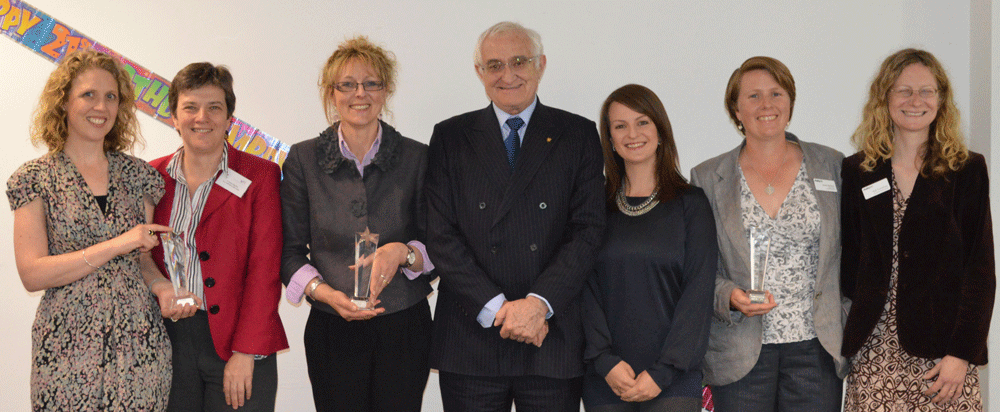
The team from Queen's Square, Dr Kate Radford, Professor Sir Mansel Aylward and the Vitality 360 team
The VRA is delighted to announce the winners in our 2014 Vocational Rehabilitation Awards.
- Read more
The role of vocational rehabilitation in tackling the socially determined inequalities of health
Despite advances in medicine, technology and care there still exists differences in health across the UK, indeed research shows that there is a strong association between socioeconomic status and mortality rates (Phelan et al, 2010). Health inequalities refer to the health differences that are seen in people who occupy unequal positions in society (McCartney et al, 2013). Socioeconomic status can be looked at in terms of income or education, living or working conditions, gender or ethnicity (Fisher & Baum, 2010).
- Read more
A student’s perspective on vocational rehabilitation during stroke placement.
As an occupational therapy (OT) student, for my course I have to complete many placements. From the start of the course we are told the key elements and purpose of occupational therapy, which is to empower clients to complete all aspects of their self care, productivity and leisure. As a student I have planned and conducted interventions to increase many occupations. I have never planned an intervention for returning a client back to work.
- Read more
How might Vocational Rehabilitation specialists work with young people considered ‘NEET’
How might Vocational Rehabilitation specialists work with young people considered ‘NEET’ (Not in education, employment or formal training) to prevent long-term ill-health?
Abstract
- Read more







